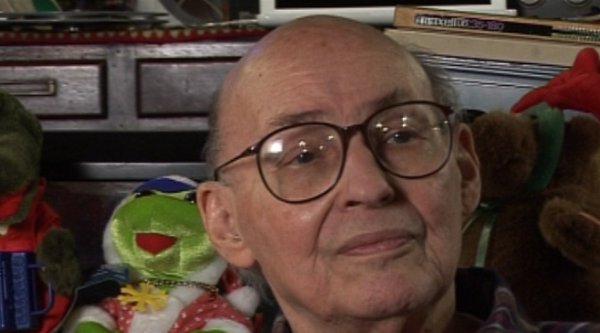NEXT STORY

Why I prefer science fiction to general literature
RELATED STORIES

NEXT STORY

Why I prefer science fiction to general literature
RELATED STORIES


|
Views | Duration | |
|---|---|---|---|
| 51. Hiring technicians to run the AI lab properly | 917 | 02:14 | |
| 52. Reading HG Wells as a child | 1562 | 01:54 | |
| 53. Why I prefer science fiction to general literature | 2020 | 03:04 | |
| 54. Arthur C Clarke was given his own satellite | 1522 | 01:23 | |
| 55. Olaf Stapledon's science fiction | 1588 | 00:29 | |
| 56. Visiting NASA with Carl Sagan | 1654 | 03:05 | |
| 57. My real life designs for Arthur C Clarke's space elevator | 1641 | 03:03 | |
| 58. Why I decided to work on the space elevator | 1653 | 00:57 | |
| 59. The contribution of email to space ideas | 1803 | 01:27 | |
| 60. Handwriting recognition machines at the MIT labs | 2261 | 02:46 |

